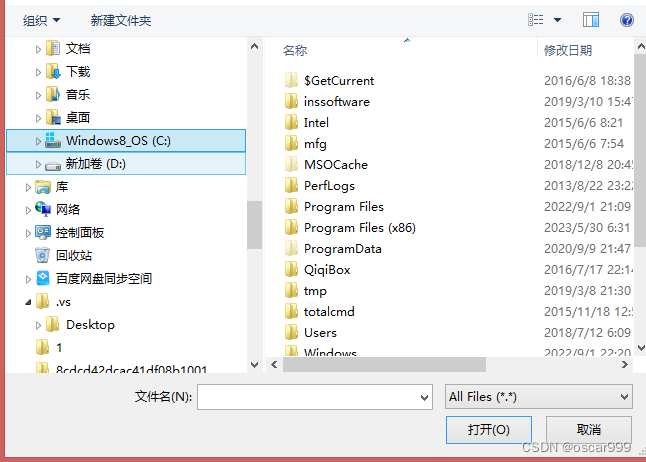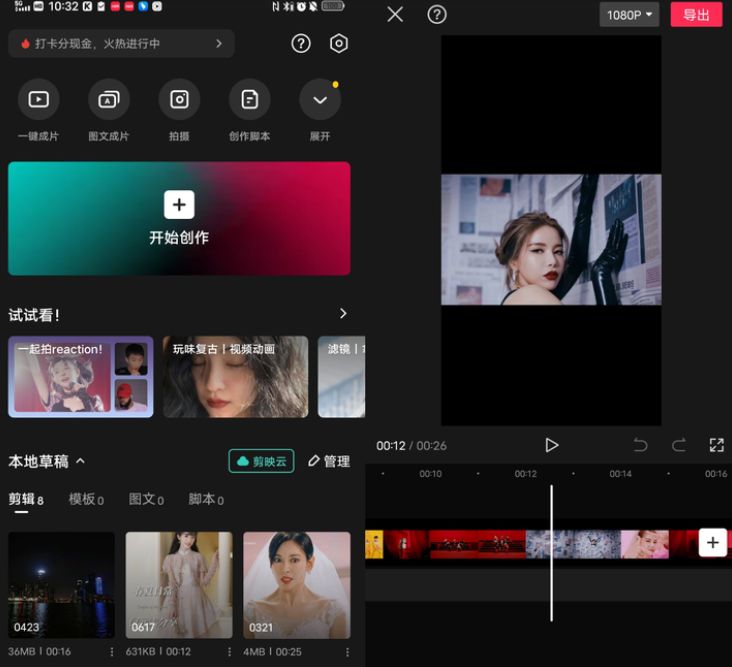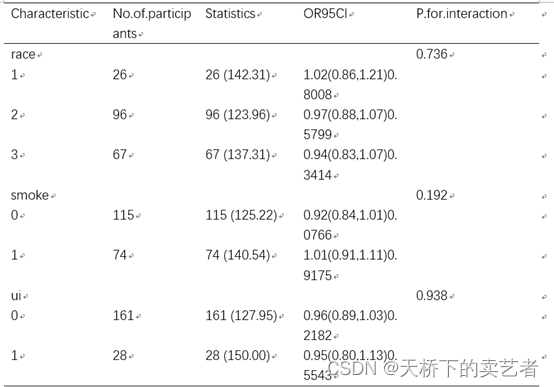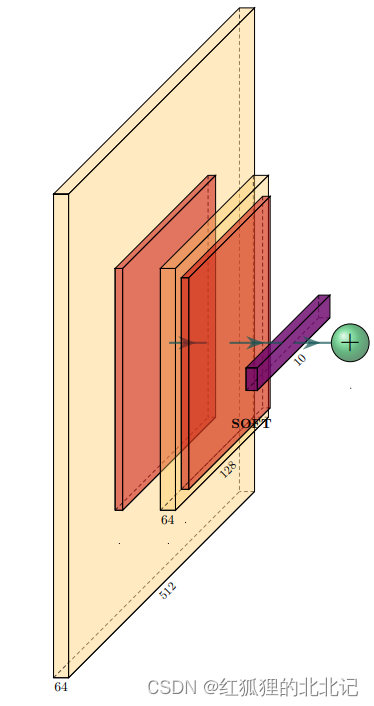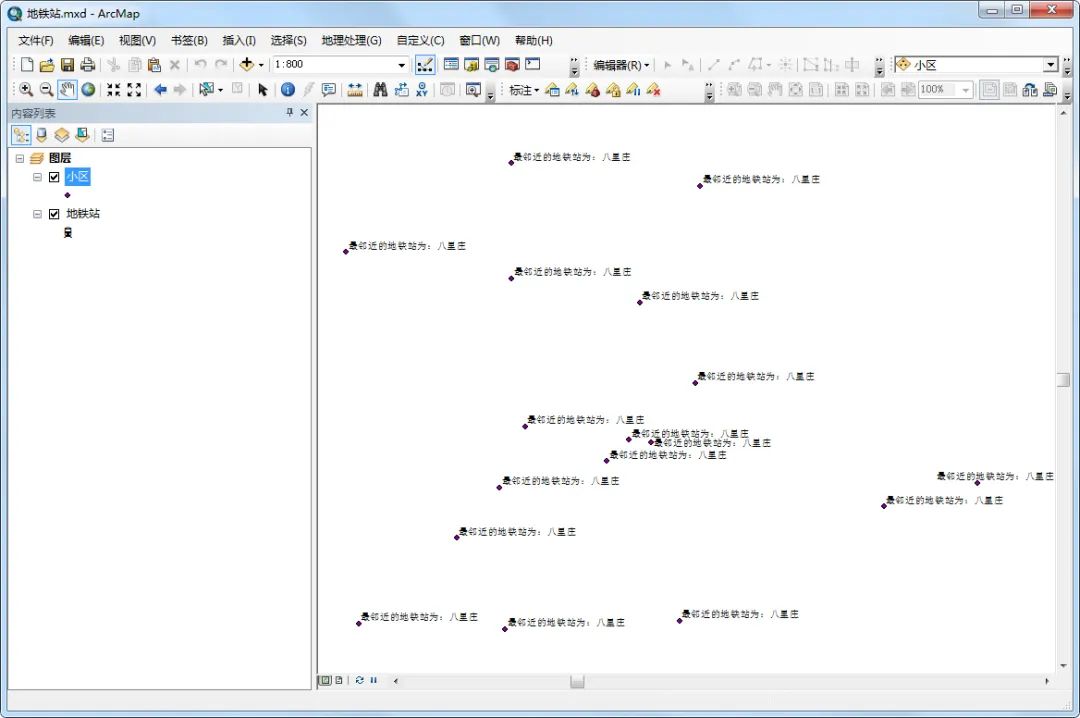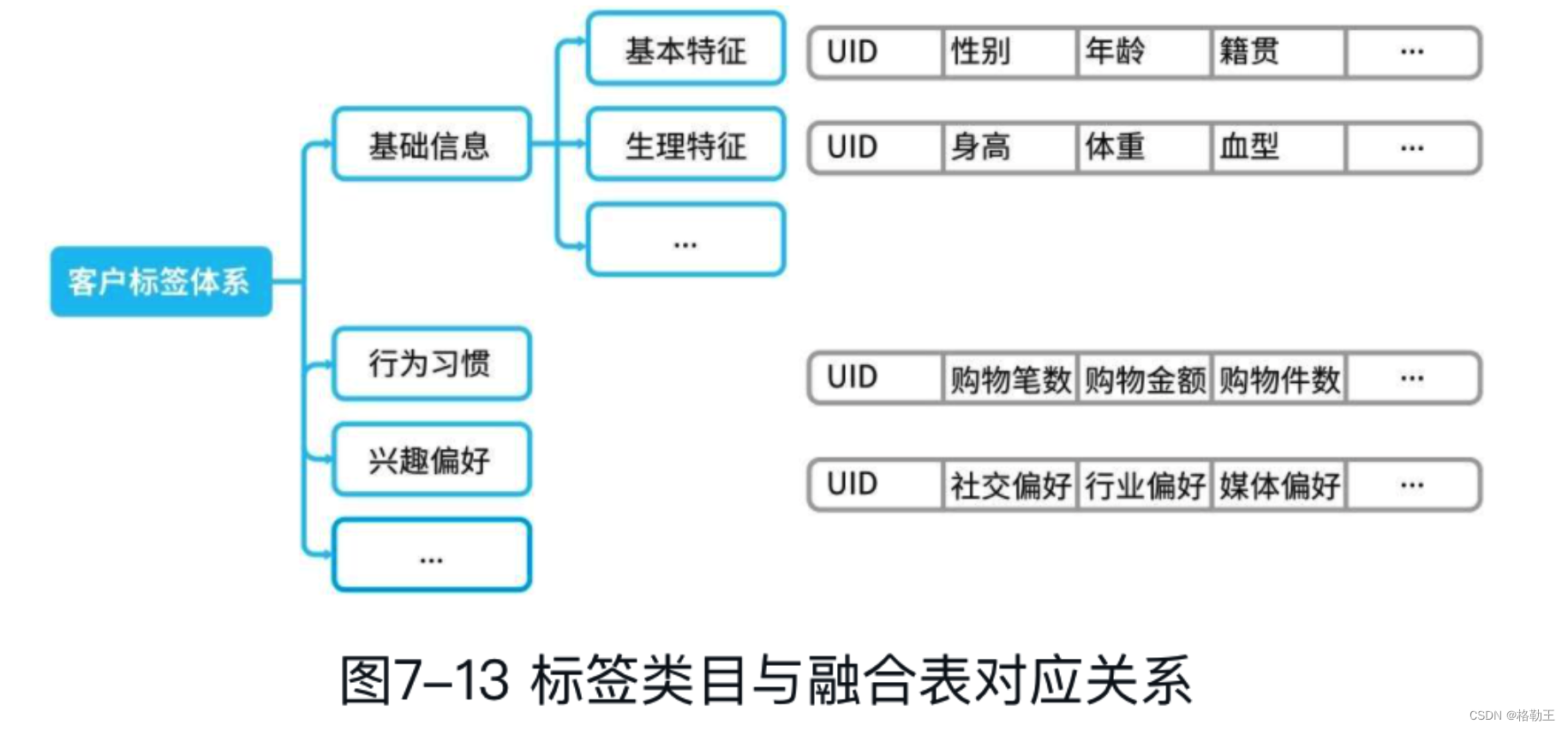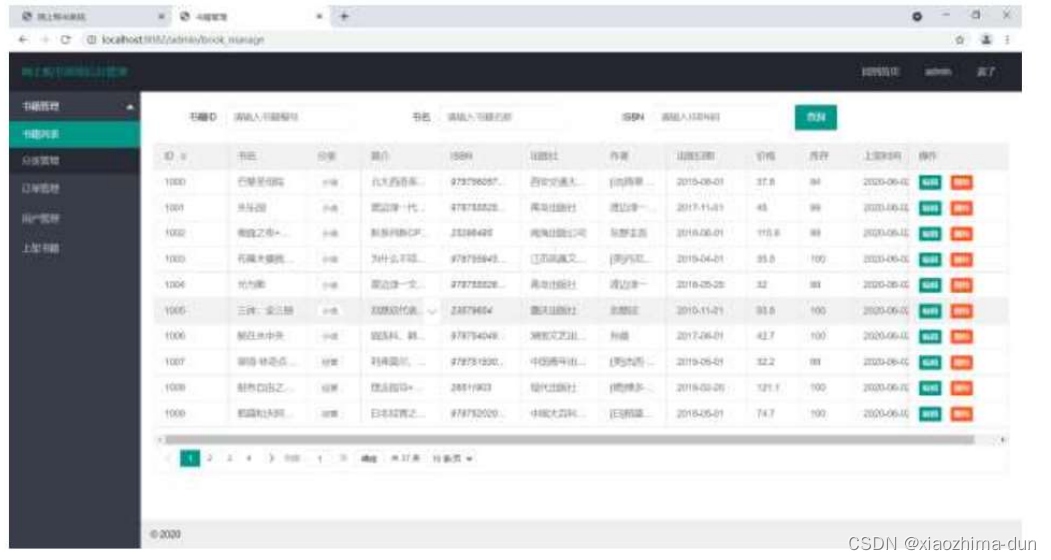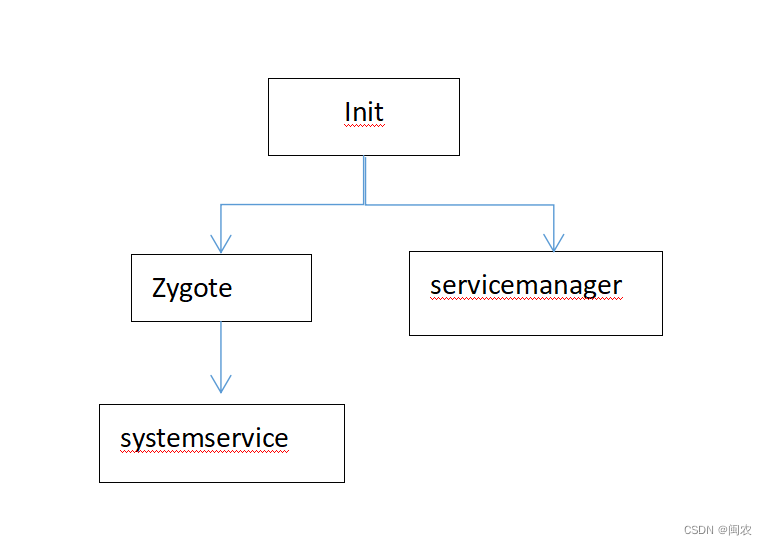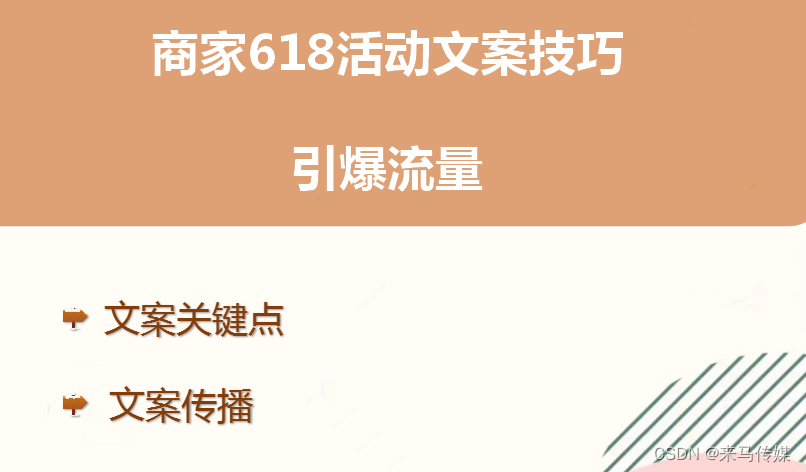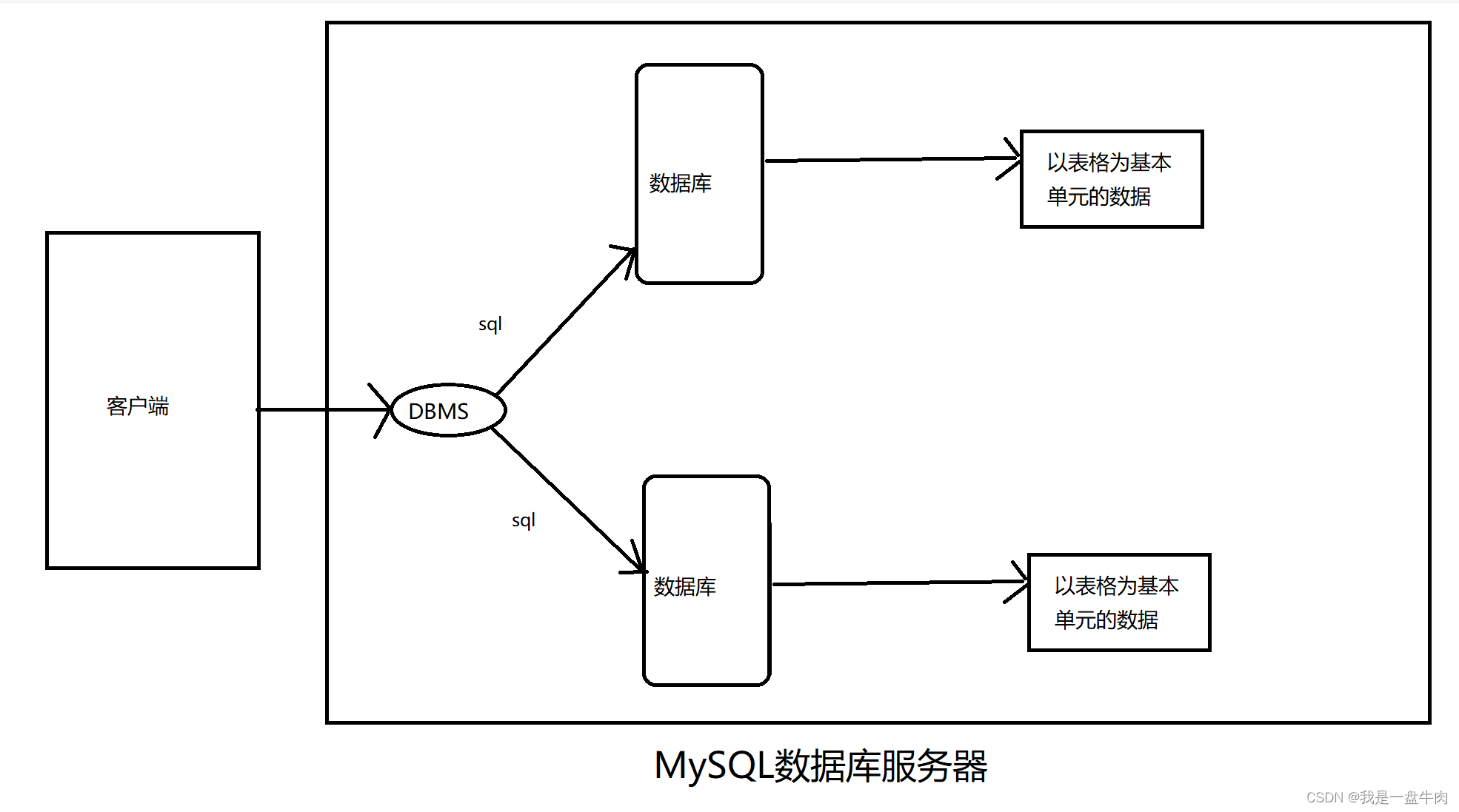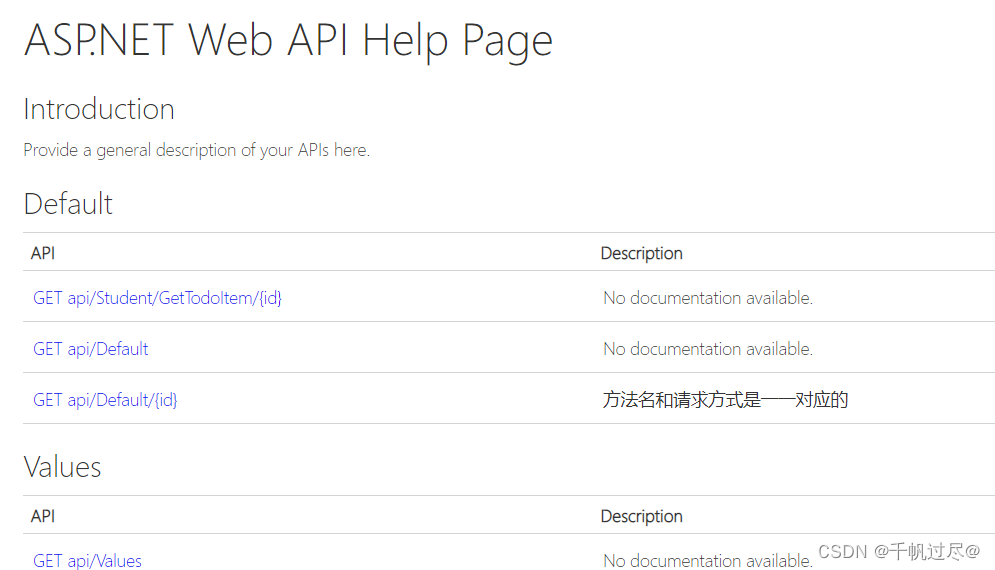前言
作为B端开发,导出数据是不可以避免的,但是有时候需求很变态,表头复杂的一笔,各种合并单元格,如下图:

这些虽说用代码可以实现,但是很繁琐,而且代码并不能通用,遇到更复杂的更难受。为了追求更简单,高效率,我们需要换个方法-------利用模板导出数据!
?????能用模板?????
sure!
本文所用的excel样式,如果列更多、更复杂,直接套用就行 (下方图片中的数字是列名),行序号为1的是表格标题名称,行序号为2的是适应导出时把条件也导出来的情况,别怀疑,就是有这种需求!!

正文开始
1.需要用到的包
poi
<!-- json4excel,poi -->
<dependency>
<groupId>org.apache.poi</groupId>
<artifactId>poi</artifactId>
<version>4.0.0</version>
</dependency>
<dependency>
<groupId>org.apache.poi</groupId>
<artifactId>poi-ooxml</artifactId>
<version>4.0.0</version>
</dependency>
<dependency>
<groupId>org.apache.poi</groupId>
<artifactId>poi-ooxml-schemas</artifactId>
<version>4.0.0</version>
</dependency>
<dependency>
<groupId>org.apache.poi</groupId>
<artifactId>ooxml-schemas</artifactId>
<version>1.3</version>
</dependency>nutz(工具包,非必须,公司框架,本文与之相关的就只有一个NutMap==Map<String,Object>,不用这个请手动替换)
<!-- https://mvnrepository.com/artifact/org.nutz/nutz -->
<dependency>
<groupId>org.nutz</groupId>
<artifactId>nutz</artifactId>
<version>1.r.68.v20200427</version>
</dependency>2.直接上代码
入口
public static void doExportLongArrearsData() {
// 要导出的数据
NutMap nutMap = NutMap.NEW();
nutMap.addv("comm","1111");
nutMap.addv("a","1111");
nutMap.addv("b","2222");
nutMap.addv("c","11333311");
nutMap.addv("d","1114441");
nutMap.addv("e","555");
nutMap.addv("f","6666");
nutMap.addv("g","7777");
nutMap.addv("h","88888");
List<NutMap> list = Lists.newArrayList();
list.add(nutMap);
// 导出列 列数
int colNum = 9;
int[] colWidth = new int[colNum];
for (int i = 0; i < colNum; i++) {
colWidth[i] = 23;
}
// 从XX行开始为数据内容 excel 第一行为0
int startRow = 5;
// 2003版本的Excel (xls) ---- HSSFWorkbook
// 2007版本以及更高版本 (xlsx)---- XSSFWorkbook
XSSFWorkbook workbook = null;
try {
// 此处linux和windows通用 /files/cq.xlsx 在resource目录下 视情况而定
/**
* 特殊说明: this.getClass().getResourceAsStream
* 如果fileUrl路径前不加 / 那么会读取类文件夹下的文件。加了才会读取resource下面的文件
* exp: this.getClass().getResourceAsStream("/files/cq.xlsx") ==>读取resource下面的文件
* this.getClass().getResourceAsStream("files/cq.xlsx") ==>读取当前类下的文件
* 源码:
* private String resolveName(String name) {
* if (name == null) {
* return name;
* }
* if (!name.startsWith("/")) {
* Class<?> c = this;
* while (c.isArray()) {
* c = c.getComponentType();
* }
* String baseName = c.getName();
* int index = baseName.lastIndexOf('.');
* if (index != -1) {
* name = baseName.substring(0, index).replace('.', '/')
* +"/"+name;
* }
* } else {
* name = name.substring(1);
* }
* return name;
* }
*/
// InputStream inputStream = this.getClass().getResourceAsStream("/files/cq.xlsx");
FileInputStream inputStream = new FileInputStream( new File("C:\\Users\\usaer\\Desktop\\buss.xlsx"));
workbook = new XSSFWorkbook(inputStream);
// 获取sheet
XSSFSheet sheetAt = workbook.getSheetAt(0);
// 动态列 修改表头名 、修改模板数据等操作
// 自定义参数
int k = 1;
updateCellLoad(workbook,sheetAt,k);
// 填充数据
fillBodyData( sheetAt,startRow,list,colWidth);
// 设置单元格宽度 (不设置的话,就是模板的宽度)
if (null != colWidth) {
for (int i = 0; i < colWidth.length; i++) {
sheetAt.setColumnWidth(i, colWidth[i] * 256 + 184);
}
}
// 输出流
ByteArrayOutputStream byteArrayOutputStream = new ByteArrayOutputStream();
// excel工作空间写入流
workbook.write(byteArrayOutputStream);
InputStream wrap = new ByteArrayInputStream(byteArrayOutputStream.toByteArray());
// 写到本地
writeToLocal("C:\\Users\\usaer\\Desktop\\buss_"+k+".xlsx",wrap);
} catch (Exception e) {
System.out.println(e.getMessage());
} finally {
// 关闭流
if (null != workbook)
try {
workbook.close();
}
catch (IOException e) {
}
}
}修改列的方法 (填充数据之前之后都可以修改内容,包括但不限于修改列、修改行、样式等)
public static void updateCellLoad( XSSFWorkbook workbook,Sheet sheet,int k) {
try {
//设置行 指定行
Row titlerow=sheet.getRow(2);
//根据索引获取对应的列 如果合并单元格 有可能第一列就找不到 根据需求修改参数值
Cell cell=titlerow.getCell(0, Row.MissingCellPolicy.CREATE_NULL_AS_BLANK);
//设置列的类型是字符串
cell.setCellType(CellType.STRING);
cell.setCellValue(k==1?"1":"0");
String titleValue=cell.getStringCellValue();
System.out.println(titleValue);
// 设置行 指定行修改数据和样式 有可能第一行就找不到 根据需求修改参数值
CellStyle style1 = workbook.createCellStyle();
// 自动换行
style1.setWrapText(true);
Row row1 = sheet.createRow(1);
// 行高度
row1.setHeight(Short.parseShort("1000"));
Cell row1Cell = row1.createCell(0, CellType.STRING);
row1Cell.setCellStyle(style1);
StringBuilder sb = new StringBuilder();
sb.append("条件1:").append("ABC").append("\r\n");
sb.append("条件2:").append("DEF").append("\r\n");
sb.append("条件3:").append("GHI").append("\r\n");
row1Cell.setCellValue(sb.toString());
} catch (EncryptedDocumentException e) {
// TODO Auto-generated catch block
e.printStackTrace();
}
}填充数据的方法
private static void fillBodyData(Sheet sheet, int startRow, List<NutMap> bodyList, int[] colWidth) {
// 碰到 时间、金额等需要转换的 在setCellValue 里面操作
for (int rowNum = 0; rowNum < bodyList.size(); rowNum++) {
NutMap map = bodyList.get(rowNum);
Row row = sheet.createRow(rowNum + startRow);
int colNum = 0;
// comm
Cell accountNumberCell = row.createCell(colNum++, CellType.STRING);
String accountNumber = map.getString("comm");
colWidth[colNum - 1] = Math.max(colWidth[colNum - 1], Strings.charLength(accountNumber));
accountNumberCell.setCellValue(accountNumber);
// a
Cell accountNameCell = row.createCell(colNum++, CellType.STRING);
String accountName = map.getString("a");
colWidth[colNum - 1] = Math.max(colWidth[colNum - 1], Strings.charLength(accountName));
accountNameCell.setCellValue(accountName);
// b
Cell mobileCell = row.createCell(colNum++, CellType.STRING);
String mobile = map.getString("b");
colWidth[colNum - 1] = Math.max(colWidth[colNum - 1], Strings.charLength(mobile));
mobileCell.setCellValue(mobile);
// c
Cell addressCell = row.createCell(colNum++, CellType.STRING);
String address = map.getString("c");
colWidth[colNum - 1] = Math.max(colWidth[colNum - 1], Strings.charLength(address));
addressCell.setCellValue(address);
// d
Cell meterNoCell = row.createCell(colNum++, CellType.STRING);
String meterNo = map.getString("d");
meterNoCell.setCellValue(meterNo);
colWidth[colNum - 1] = Math.max(colWidth[colNum - 1], Strings.charLength(meterNo));
// e
Cell uncollectedNumberCell = row.createCell(colNum++, CellType.STRING);
String uncollectedNumber = map.getString("e");
uncollectedNumberCell.setCellValue(uncollectedNumber);
colWidth[colNum - 1] = Math.max(colWidth[colNum - 1], Strings.charLength(uncollectedNumber));
// f
Cell uncollectedDosageCell = row.createCell(colNum++, CellType.STRING);
String uncollectedDosage = map.getString("f");
uncollectedDosageCell.setCellValue(uncollectedDosage);
colWidth[colNum - 1] = Math.max(colWidth[colNum - 1], Strings.charLength(uncollectedDosage));
// g
Cell uncollectedDosageCell1 = row.createCell(colNum++, CellType.STRING);
String uncollectedDosage1 = map.getString("g");
uncollectedDosageCell1.setCellValue(uncollectedDosage1);
colWidth[colNum - 1] = Math.max(colWidth[colNum - 1], Strings.charLength(uncollectedDosage1));
// h
Cell uncollectedDosageCell2 = row.createCell(colNum++, CellType.STRING);
String uncollectedDosage2 = map.getString("h");
uncollectedDosageCell2.setCellValue(uncollectedDosage2);
colWidth[colNum - 1] = Math.max(colWidth[colNum - 1], Strings.charLength(uncollectedDosage2));
}
}写到本地
private static void writeToLocal(String destination, InputStream input)
throws IOException {
int index = 0;
byte[] bytes = new byte[1024];
FileOutputStream downloadFile = new FileOutputStream(destination);
while ((index = input.read(bytes)) > 0) {
downloadFile.write(bytes, 0, index);
}
downloadFile.close();
input.close();
}代码就这些,纯测试,有些命名很随意,到时候用的时候自己改
效果图
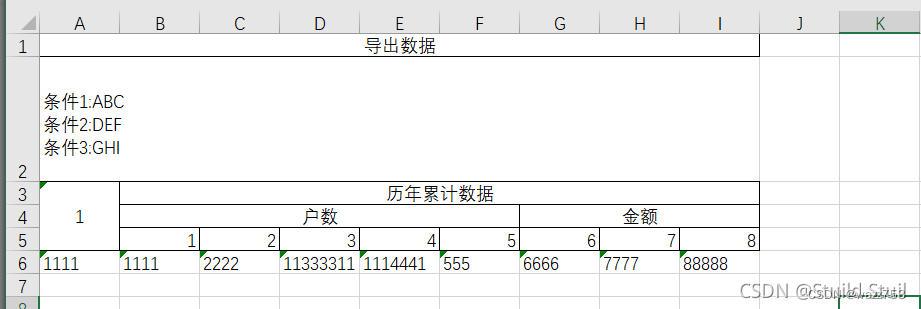
注意:
本文读取文件是从本地读取的,部署后,需要把模板文件放在resource下,利用代码中
// 此处linux和windows通用 /files/cq.xlsx 在resource目录下 视情况而定
// InputStream inputStream = this.getClass().getResourceAsStream("/files/cq.xlsx");来读取(本人框架非spring,spring自行解决),总之,获取到模板文件就是成功!!
如果想要设置单元格的样式比如字体垂直、水平居中等可以在 fillBodyData 中添加如下代码
// 单元格样式
XSSFCellStyle cellStyle = workbook.createCellStyle();
// 设置单元格的水平对齐类型
cellStyle.setAlignment(HorizontalAlignment.CENTER);
// 设置单元格的垂直对齐类型
cellStyle.setVerticalAlignment(VerticalAlignment.CENTER);然后再循环体内每个cell设置style ,例如:
Cell accountNumberCell = row.createCell(colNum++, CellType.STRING);
String accountNumber = map.getString("comm");
colWidth[colNum - 1] = Math.max(colWidth[colNum - 1], Strings.charLength(accountNumber));
accountNumberCell.setCellValue(accountNumber);
// 设置style
accountNumberCell.setCellStyle(cellStyle);附加,如果springboot项目,获取项目目录下的模板,和直接输出到客户端,可参考:
@GetMapping("/exportTest4")
//@ResponseBody
public void exportTest4(HttpServletResponse response) {
//设置信息头,告诉浏览器内容为excel类型
response.setHeader("content-Type", "application/vnd.ms-excel");
//设置下载名称
response.setHeader("Content-Disposition", "attachment;filename=" + URLEncoder.encode("展商模板.xlsx", StandardCharsets.UTF_8.name()));
//获取项目resources/excel目录下的excel模板文件
String REPORT_MONTH = ClassUtils.getDefaultClassLoader().getResource("").getPath() + "/excel/test2.xlsx";
String path = REPORT_MONTH;
try{
System.out.println("path1=="+path);
path = path.substring(1,path.length());
path = java.net.URLDecoder.decode(path,"utf-8");
System.out.println("path2=="+path);
}catch (Exception e){
e.printStackTrace();
}
String filename = "D://核酸检测信息.xls";
try {
// 输出到硬盘,所以要用到IO流,输出到fileName指定的路径上
FileOutputStream fos = new FileOutputStream(filename);
wb.write(fos);//写出
wb.close();//关闭
System.out.println("导出成功");
} catch (Exception e) {
//异常信息
e.printStackTrace();
}
}如果是若依系统,也可以使用若依的通用下载方式下载:
直接返回文件名称,然后再页面通过ajax再次请求
return success(filename);


